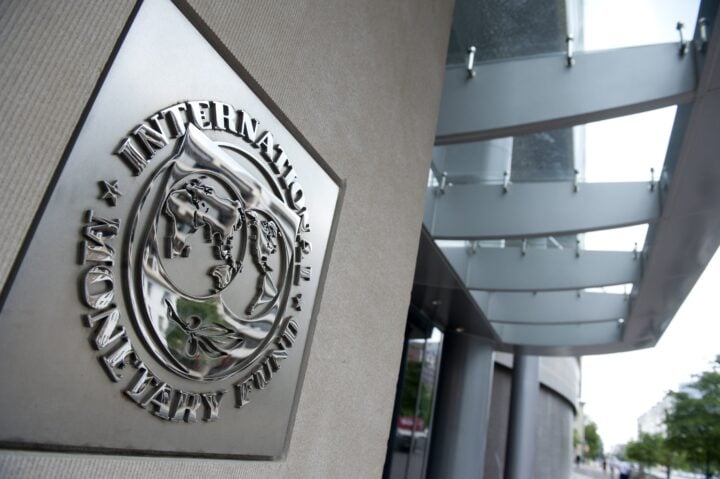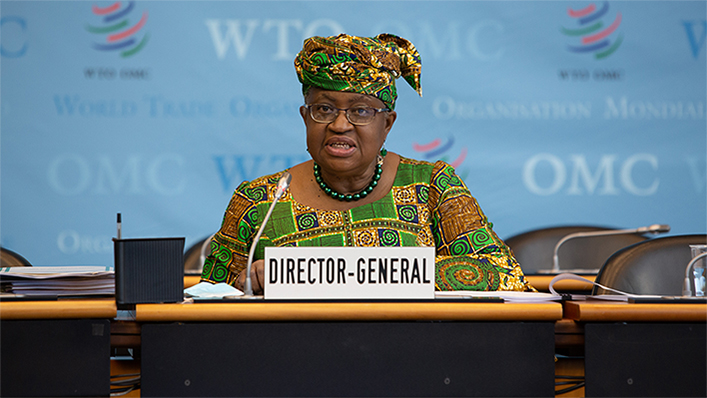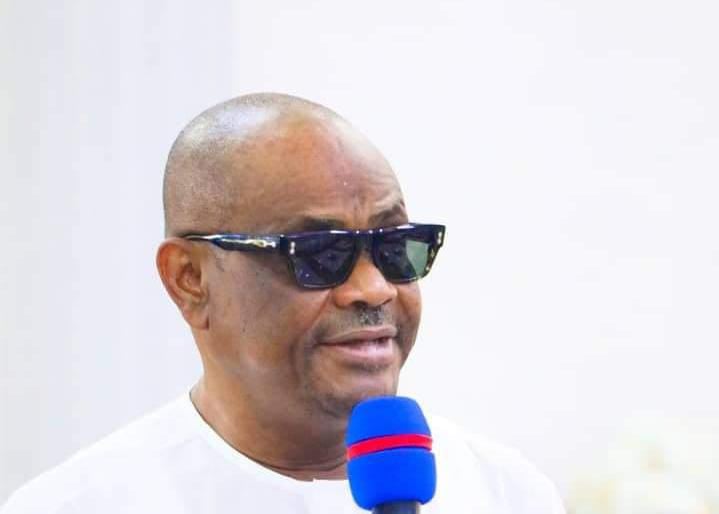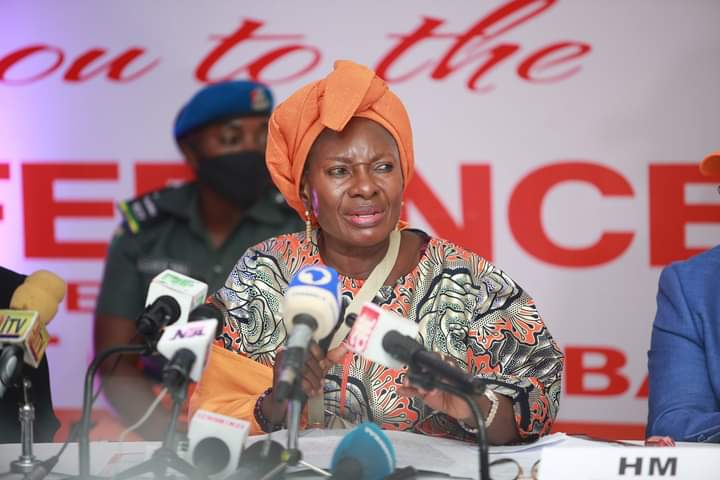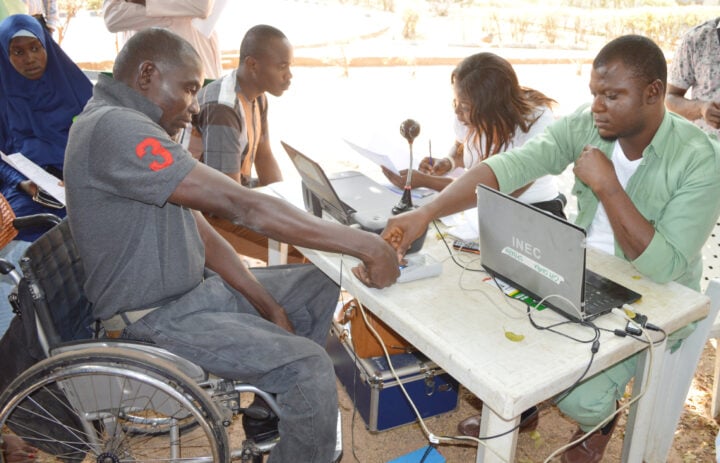The International Monetary Fund (IMF) says Nigeria may spend almost 100 percent of its revenue on debt servicing by 2026.
Ari Aisen, IMF’s resident representative for Nigeria, said this on Monday while presenting the organisation’s latest Sub-Saharan Africa Regional Economic Outlook, in Abuja.
He said Nigeria currently spends 89 percent of its revenue on debt.
In February, IMF projected that Nigeria may spend 92.6 percent of its revenue on debt servicing in 2022.
Advertisement
Aisen, however, said the figure would continue to increase if nothing was done to curb the country’s debt level.
“I think the biggest critical aspect for Nigeria is that we have done a macro-fiscal stress test, and what you observe is the interest payments as a share of revenue and as you see us in terms of the baseline from the federal government of Nigeria, the revenue, almost 100 percent, is projected by 2026 to be taken by debt service,” he said.
“So, the fiscal space or the amount of revenues that will be needed, and this, without considering any shock, is that most of the revenues of the federal government are now in fact 89 percent and it will continue, if nothing is done, to be taken by debt service.
Advertisement
“It is a reflection of the low revenue of the country. The country needs to mobilise more revenue to be able to have macroeconomic stability. It has become an existential issue for Nigeria.”
IMF also projected that Nigeria’s petrol subsidy payments could hit N6 trillion by year-end.
The projected amount is up by N2 trillion from the country’s earmarked budget for petrol subsidy.
Between January and April 2022, Nigeria spent N947.53 billion on subsidy spending.
Advertisement
Speaking on the issue, Aisen said it was distressing that as an oil exporter, Nigeria was unable to utilise the current global high oil prices to build reserves.
He said the country was also faced with low earnings due to the subsidy on petroleum products.
However, he expressed optimism that the Dangote Refinery would reduce fuel importation when completed, thereby cutting down the subsidy burden.
Advertisement
Add a comment
